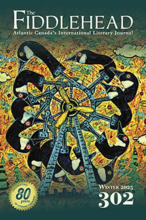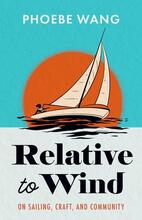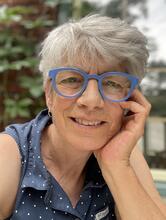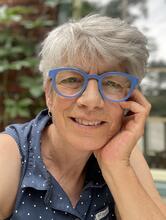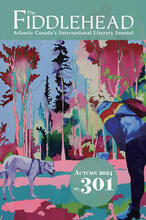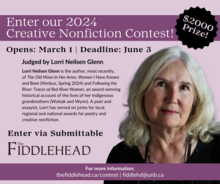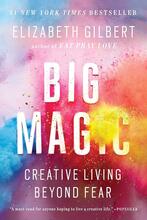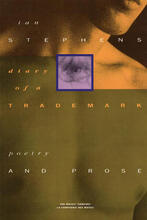Posted on January 14, 2025
Excerpt from Issue 302 (Winter 2025)
"Legacy" by Melinda Burns
Content note: references residential school abuse
On my desk at home, I have a small framed photograph, an inch square, one of those black and white school pictures. In it, I’m about five, a bit of a smile, neat brown hair clipped back in a barrette. It was taken at about the time my mother first told me that I was half Indian.
Posted on January 14, 2025
Posted on December 12, 2024
Editorial Assistant Laura Broadbent Interviews Nancy Huggett whose story "I am a good mother. I am a bad mother. I am no mother at all." won our 2024 Creative Nonfiction Contest and was published in Issue 301 (Autumn 2024)
Laura Broadbent: On the liberating constraint of genre: What constraints does creative nonfiction afford you to speak in ways you otherwise couldn’t?
Posted on October 7, 2024
We're excited to announce that the winner of our 2024 Creative Nonfiction Contest and $2000 prize is Nancy Huggett! Her essay "I am a good mother. I am a bad mother. I am no mother at all" is featured in the upcoming autumn issue of The Fiddlehead (no.301).
Posted on September 26, 2024
Excerpt from Issue 301 (Autumn 2024)
"I am a good mother. I am a bad mother. I am no mother at all" by Nancy Huggett
Winner of the 2023 Creative Nonfiction Prize
Content note: contains depictions of violence.
I am a good mother.
Posted on September 18, 2024
The Fiddlehead is excited to announce the finalists of our 2024 Creative Nonfiction Contest, judged by Lorri Neilsen Glenn! The winner of the $2000 contest prize will be announced in October and the winning essay will appear in the Autumn 2024 issue (301). Thank you to all who entered and congratulations to the following fifteen finalists!
Posted on June 18, 2024
At the end of January, a much younger friend told me how much she enjoyed Big Magic: Creative Living Beyond Fear by Elizabeth Gilbert. My friend loves to paint and found inspiration to keep painting even if her life feels overwhelmed with grad school and a full-time job. It doesn’t matter how good she is, or what may come of it. All that matters is that she paints.
Posted on May 21, 2024
Steven Heighton's Instructions for the Drowning (Biblioasis) and The Oceanic Society Field Guide to the Gray Whale (Sasquatch Books)
Posted on May 16, 2024
Editorial Assistant Anastasios Mihalopoulos' Interview with Adèle Barclay, previous winner of The Fiddlehead 2022 Fiction Contest, whose Creative Nonfiction Story "Cobra Blue Mustang Strat" was published in Issue 298 (Winter 2024) on art as a way to survive, fallibility of human memory, and how her poetry has served in her creative nonfiction practice.
Posted on April 2, 2024
Ian Stephens’s lone book-length publication, Diary of a Trademark, feels like something of a lost classic, a rough (in all senses of the word) snapshot of early-nineties Montreal through the eyes of a gay man who died soon after the book was published. In Diary, Stephens knows he is succumbing to HIV/AIDS and, in the essay that opens the collection, “Weary State of Grace,” discusses a recent hospital stay in visceral detail.
Pages
